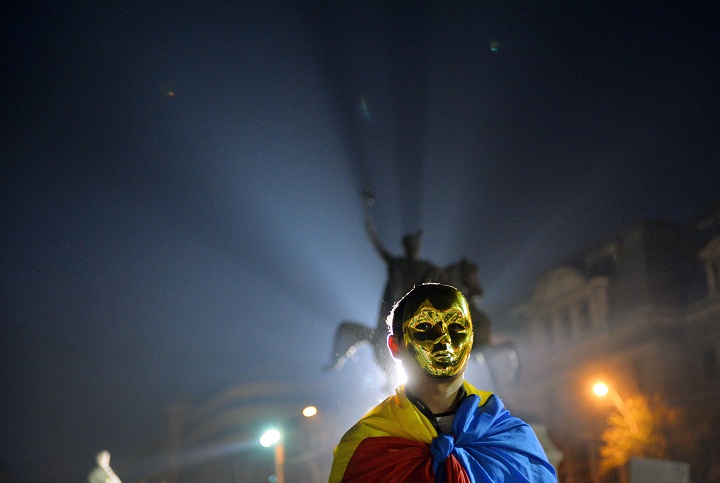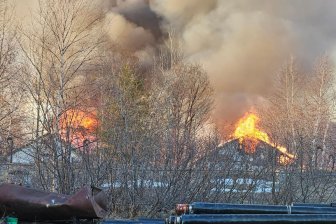BUCHAREST, Romania – Stock in Gabriel Resources, Ltd. plunged almost 11 per cent Monday after the Romanian government announced it would not allow the Canadian company to develop what would have been Europe’s biggest open gold mine.

The announcement by Prime Minister Victor Ponta came shortly before a parliamentary commission voted down a bill that would have permitted the project.
Read more: Protests, cyanide concerns may halt Canadian-Romania gold mine project
The decisions were a boost to environmental advocates and come after 14 years of protest and debate about whether the foreign investment and the jobs that would have been created by the mine outweigh the costs to nature.
Immediate reaction was muted, with just a few dozen anti-mine activists rallying outside parliament.
Jonathan Henry, chief executive of Gabriel Resources, told The Associated Press by telephone that he was waiting to see the commission’s report and declined to offer further comment.
Read more: Romanians protest Canadian-owned gold mining operation
On the Toronto Stock Exchange, Gabriel stock closed down 10 cents, or 10.87 per cent, at 82 cents.
Analysts say Gabriel Resources, which has invested hundreds of millions of dollars in the project, could still devise a new proposal for the mine.
Its original plan proposed using cyanide to extract 314 tons of gold and 1,500 tons of silver in the town of Rosia Montana in northwestern Romania. The plan includes razing four mountains and creating a lake of cyanide.
The project appears to have grown increasingly unpopular over time. The commission of lawmakers rejected the bill sent by the government of Prime Minister Victor Ponta with 17 votes against and 2 abstentions.
Ponta, meanwhile, announced that his government had changed its mind on the project ahead of the commission vote – a statement that followed weeks of protests over environmental concerns and criticism that Romania would earn too little from the deal.
“The ruling coalition intends to reject the project,” Ponta said, adding, however, that the government in principle supports foreign investment in its natural resources.
He did not directly say the bill the government sent to the commission was flawed, but Ponta and coalition partner Crin Antonescu said the government intended to adopt broader legislation governing the use of Romania’s mines and other natural resources.
In its report, the commission also suggested the need for a better legal framework covering such matters.
The panel also recommended the Canadian company’s 1999 licence be declassified and made public. It added that there should be “a correct partnership between the main shareholder and the Romanian state,” suggesting that Romania stood to earn too little from the deal.
– With files from The Canadian Press



Comments